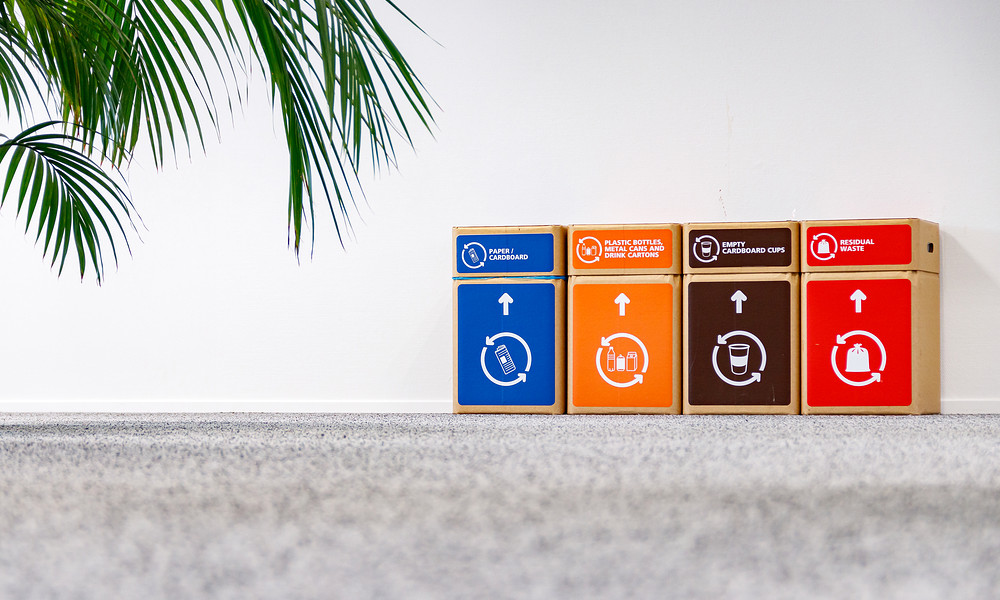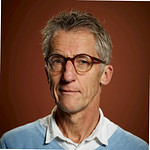Sustainable Sustainable: Encouraging sustainable behavior among residents
- Research project

The Sustainable Sustainable project aims to develop a practical diagnostic tool for municipalities to help them choose the most effective interventions to promote sustainable behavior among residents.
Municipalities in the Netherlands have been trying for years to influence the consumer behavior of their citizens toward a more sustainable lifestyle. However, there remains a gap between intention and action: many people are aware of the urgency and necessity of changing their consumption behavior but still do not follow through with sustainable actions. How can municipalities stimulate sustainable behavior among their residents, and how can they make more informed choices when selecting effective interventions?
In this project, Hanze University of Applied Sciences in Groningen and the Amsterdam University of Applied Sciences are working together with four municipalities, Almere, Groningen, Aalten, and Assen, to find practical tools that will help municipalities make better choices when selecting interventions. Each municipality focuses on a different case, such as mobility, energy, drought, or vegetarian eating. A diagnostic tool is being developed to help municipalities research the main barriers to sustainable behavior among target groups. Following this, interventions will be selected and tested in consultation with these groups. The result will be a practical diagnostic tool that enables municipalities to make smarter choices for effective sustainability interventions.
The Sustainable Sustainable project is a joint initiative by Hanze University of Applied Sciences in Groningen and the Amsterdam University of Applied Sciences. In this project, both knowledge institutions collaborate with policymakers from the municipalities of Almere, Groningen, Aalten, and Assen. The project is co-funded through a RAAK grant from the Taskforce for Applied Research SIA.
The project runs from September 2023 to September 2025.

Professor Marketing and Entrepreneurship

former professor Marketing and Entrepreneurship

Researcher and project leader

Researcher, co-ordinator 'Topondernemingsregeling'

Researcher, lecturer

Project support

More information about the professorship Marketing & Entrepreneurship?
About the professorship Marketing & EntrepreneurshipHow satisfied are you with the information on this page?